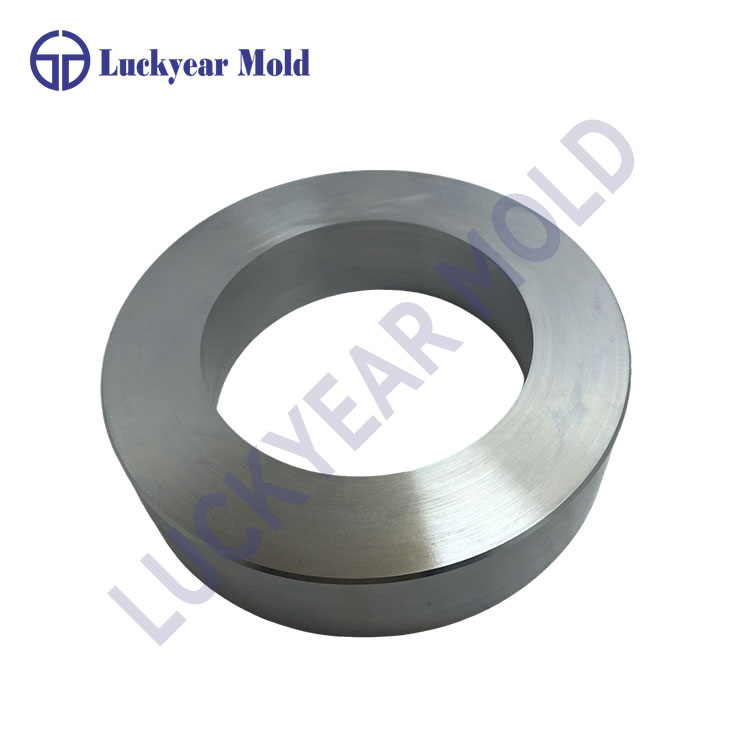Essential Factors to Consider in Selecting Materials for Press Die Mold Components
2024-05-31
When it comes to the manufacturing industry, selecting the right material for press die mold components is crucial. These components are integral to the production process, and their durability, wear resistance, and thermal conductivity determine the overall efficiency and quality of the finished product. In this blog, we'll explore the key factors to consider when making this vital decision.
Material Strength and Durability
The first and foremost consideration is the material's strength and durability. Press die mold components undergo significant stress and wear during the molding process. Therefore, choosing a material that can withstand these forces is essential. Metals like steel, aluminum, and titanium are common choices due to their excellent strength-to-weight ratio and durability.
Wear Resistance
Another critical factor is the material's wear resistance. As the mold components repeatedly interact with the workpiece material, they are prone to wear and tear. Materials with high wear resistance, such as hardened steels, can significantly reduce the need for frequent replacements and maintenance.
Thermal Conductivity
The thermal conductivity of the material is also crucial. During the molding process, the mold components experience temperature fluctuations. Materials with good thermal conductivity can quickly dissipate heat, reducing the risk of thermal stress and damage to the mold. Copper and its alloys are excellent choices for this purpose.
Cost-Effectiveness
Cost is another important factor to consider. Different materials vary widely in price, and the cost of the mold components can significantly impact the overall production cost. It's essential to strike a balance between cost and performance, choosing a material that offers the desired properties while remaining within the budget.
Machinability
The machinability of the material is also a factor worth considering. Materials that are easy to machine and shape can reduce the time and cost of manufacturing. Metals like brass and bronze are known for their excellent machinability.
Compatibility with the Workpiece Material
The compatibility of the mold material with the workpiece material is another crucial aspect. Some materials may react with each other, causing corrosion or contamination of the workpiece. It's essential to select a mold material that is compatible with the workpiece material to ensure the quality of the finished product.
In conclusion, selecting the right material for press die mold components is a complex process that requires careful consideration of various factors. By considering the material's strength, durability, wear resistance, thermal conductivity, cost-effectiveness, machinability, and compatibility with the workpiece material, you can ensure that you choose a material that meets your specific requirements and ensures the efficiency and quality of your production process.



